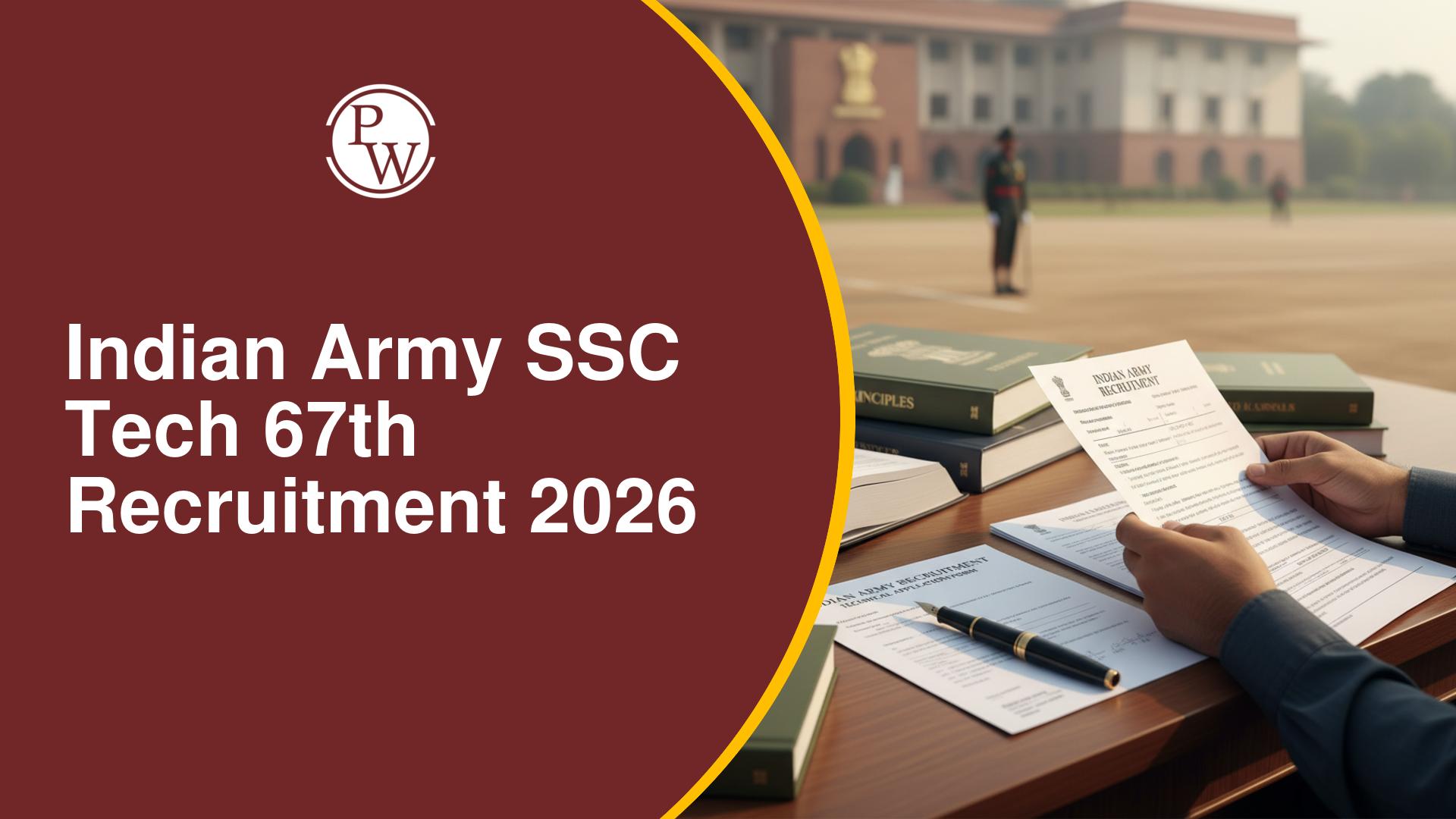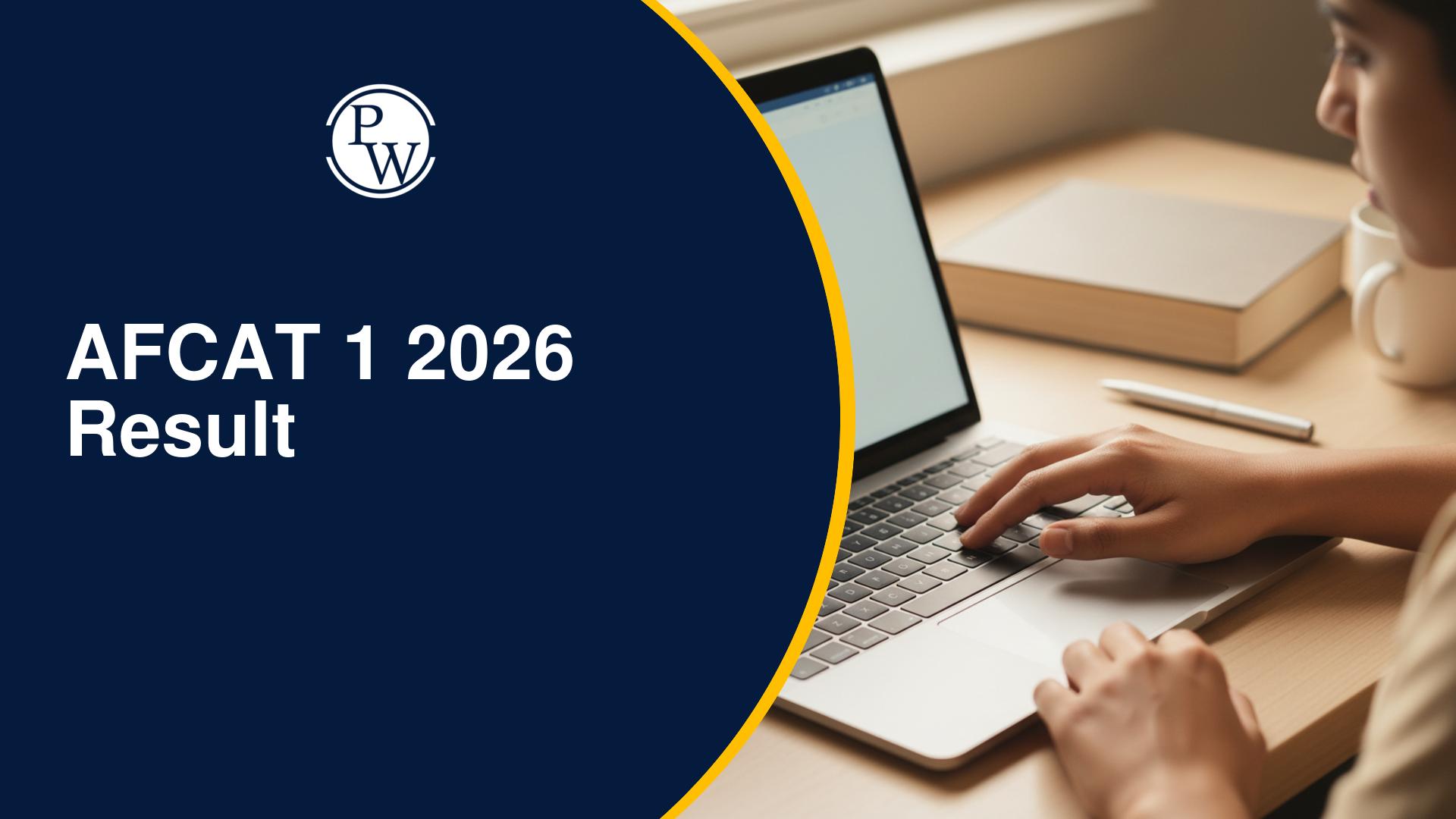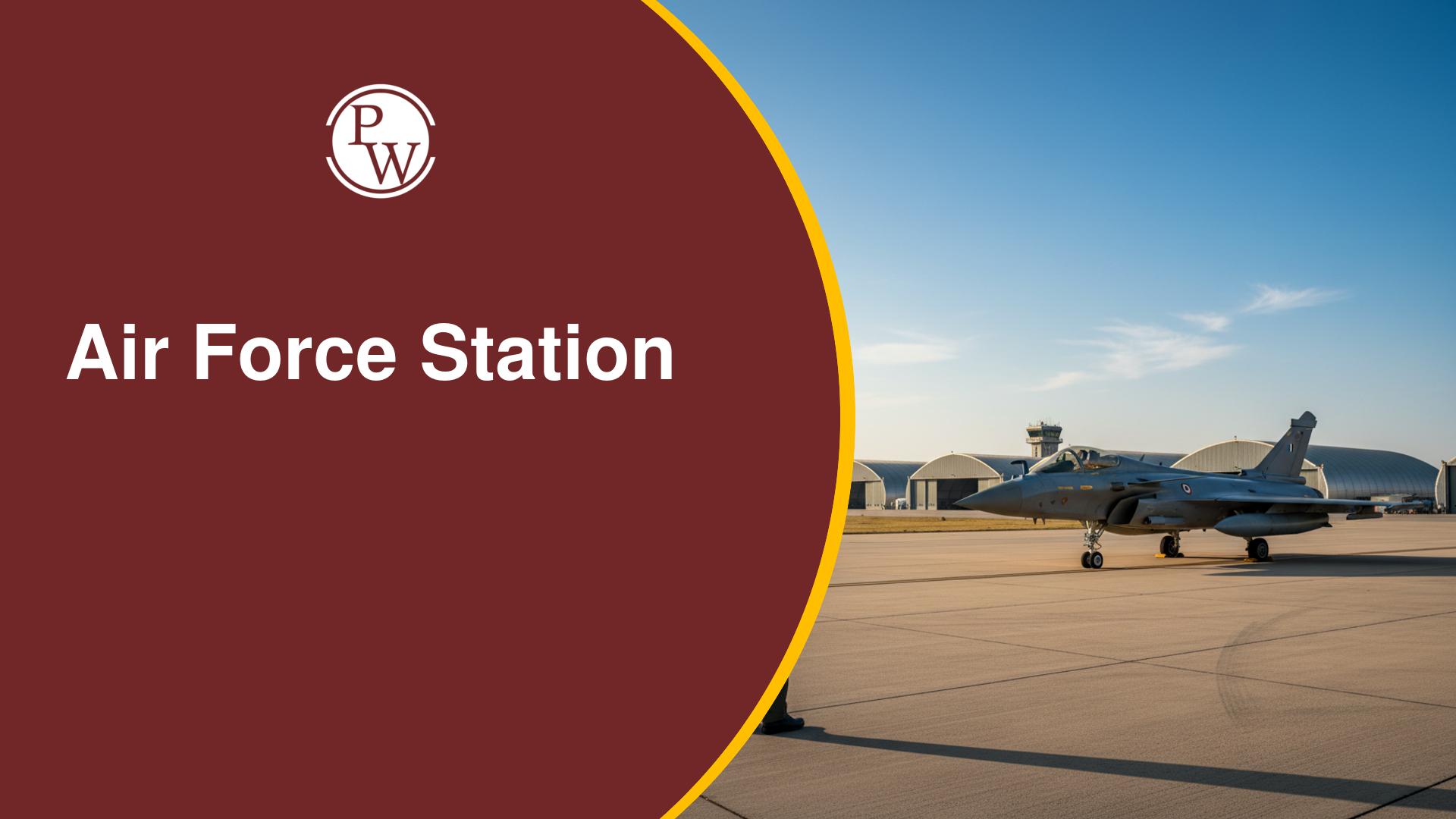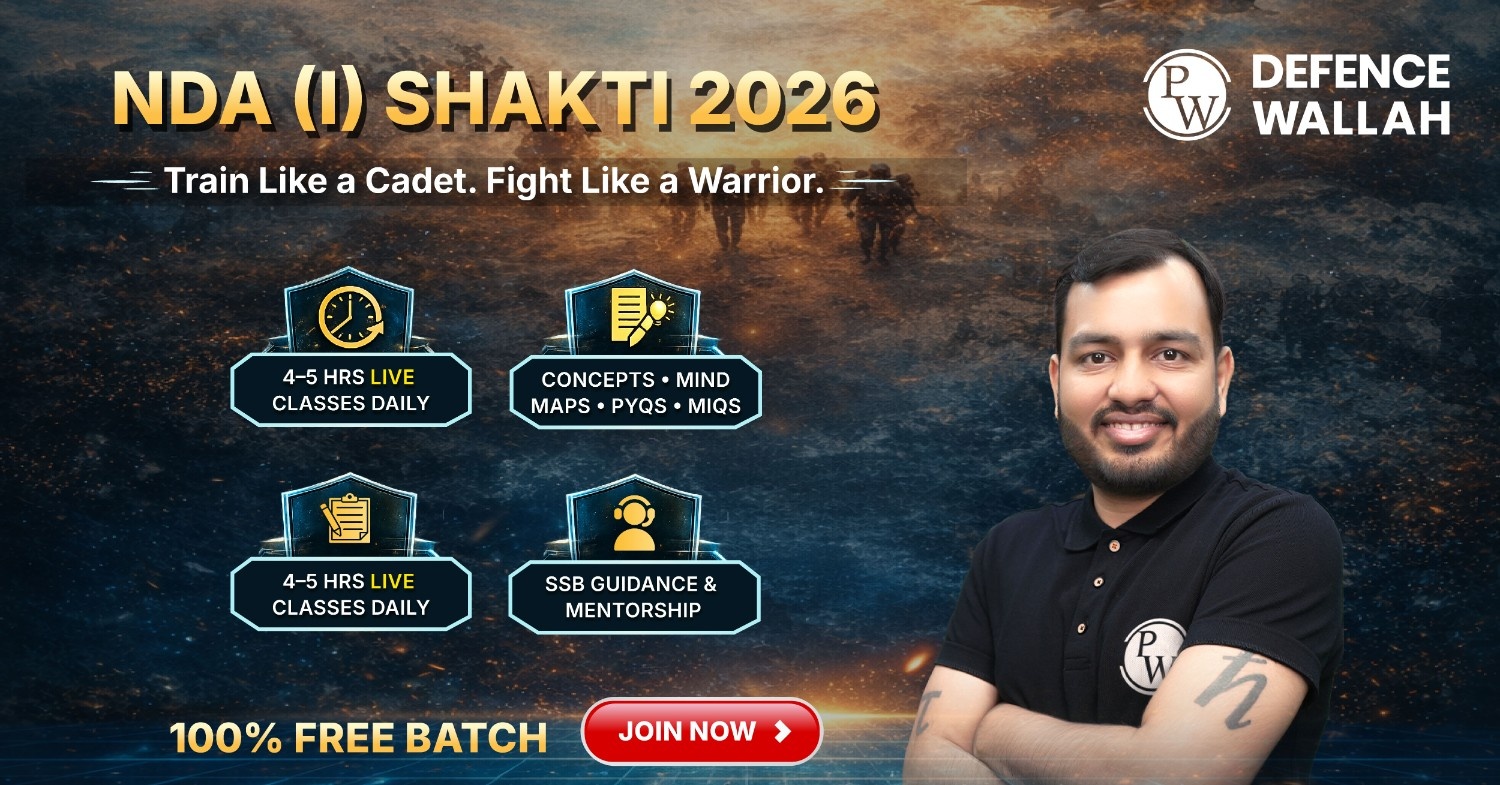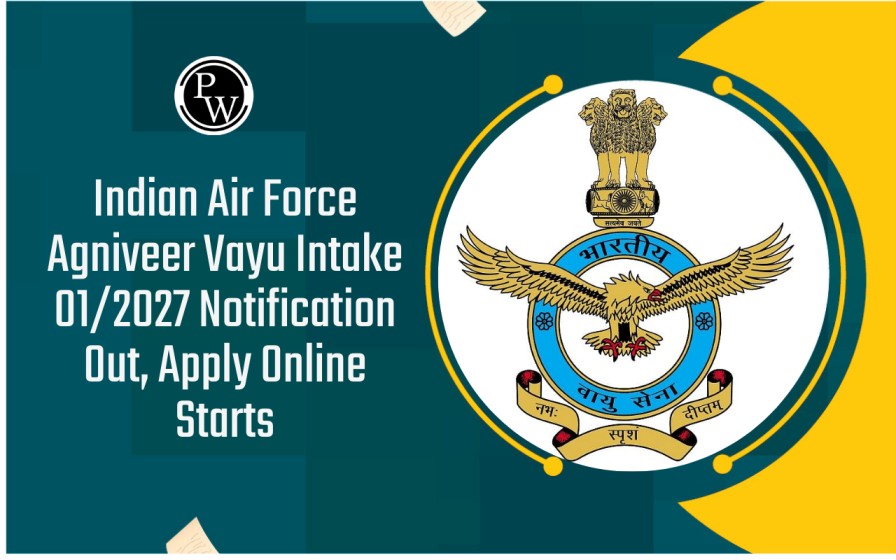
Tips to Improve Responses of Situation Reaction Test (SRT): SRT, or Situation Reaction Test, is an integral part of the Services Selection Board (SSB) interview process conducted by the Indian Armed Forces. It is designed to evaluate candidates' responses to hypothetical real-life situations. In SRT, candidates are presented with a series of scenarios, and they are required to provide their immediate reactions or responses to each situation within a specified time frame.
Role of SRT in SSB
The Situation Reaction Test (SRT) plays a significant role in the overall assessment of candidates during the SSB interview process. Here's how SRT contributes to evaluating candidates' suitability for commissioning into the Indian Armed Forces:- Assessing Decision-Making Abilities : SRT evaluates candidates' decision-making skills and judgment under pressure. The scenarios presented in SRT are designed to simulate real-life situations that candidates may encounter in military service, allowing assessors to gauge their ability to make sound decisions in challenging circumstances.
- Testing Emotional Intelligence : SRT assesses candidates' emotional intelligence by observing their responses to various scenarios. It helps assessors determine candidates' level of empathy, resilience, and ability to manage stress and emotions effectively, all of which are essential qualities in military personnel.
- Measuring Problem-Solving Skills : SRT assesses candidates' problem-solving abilities by presenting them with complex situations that require quick and effective solutions. Candidates must analyze each scenario, identify key issues, and devise practical and logical responses, demonstrating their problem-solving prowess.
- Evaluating Leadership Potential : SRT provides insight into candidates' leadership potential and decision-making styles. Assessors observe how candidates handle leadership roles, delegate tasks, and resolve conflicts in challenging situations, helping identify individuals with leadership qualities essential for military leadership positions.
- Testing Adaptability and Flexibility : SRT assesses candidates' adaptability and flexibility in responding to rapidly changing situations. Candidates must demonstrate agility and versatility in adjusting their responses based on evolving circumstances, reflecting their ability to thrive in dynamic military environments.
- Observing Communication Skills : SRT offers assessors an opportunity to evaluate candidates' communication skills. Candidates must convey their thoughts and decisions clearly and concisely within the given time frame, demonstrating effective communication abilities crucial for military operations and teamwork.
Tips to Improve Responses in SRT during SSB
Enhancing your responses in the Situation Reaction Test (SRT) is crucial for succeeding in the SSB selection process. Here are some effective strategies to improve your performance:- Understand the Purpose : Recognize that the SRT aims to assess your decision-making abilities, judgment, and emotional intelligence under pressure. Understanding this will help you approach the test with the right mindset.
- Practice Regularly : Dedicate time to practice SRT questions regularly. Use SSB preparation books, online resources, and mock tests to familiarize yourself with the format and develop effective response strategies.
- Read Instructions Carefully : Before each SRT question, carefully read and understand the instructions. Misinterpreting instructions can lead to incorrect responses, so ensure clarity before proceeding.
- Analyze the Situation : Take a moment to analyze each scenario presented in the SRT. Consider all factors involved, such as the people, resources, and potential consequences of different actions. This analysis will help you formulate an appropriate response.
- Prioritize Responses : Given the time constraints in SSB, prioritize your responses based on the severity and urgency of each situation. Focus on addressing the most critical issues first before moving on to less pressing concerns.
- Stay Calm and Composed : Maintain composure and avoid letting stress or emotions cloud your judgment during the SRT. Take deep breaths, stay focused, and approach each scenario with a clear mind.
- Practice Time Management : Allocate specific time to read and respond to each SRT question. Aim to complete the questions within the given time limit, focusing on quality responses over quantity.
- Review and Reflect : After practicing SRT questions, review your responses, and identify areas for improvement. Reflect on your decision-making process and consider how you can refine your approach in future attempts.
- Seek Feedback : If possible, seek feedback from mentors or peers who have experience with SSB. They can offer valuable insights into your responses and provide constructive criticism to help you improve.
- Stay Positive and Persistent : Improving in the SRT takes time and effort, so maintain a positive attitude and persist in your practice. Learn from setbacks, stay motivated, and continue working towards enhancing your performance.
Tips to Improve Responses of Situation Reaction Test (SRT) FAQs
Q1. What is SRT in SSB?
Ans. SRT stands for Situation Reaction Test and is a component of the Services Selection Board (SSB) interview process conducted by the Indian Armed Forces. It evaluates candidates' responses to hypothetical real-life situations.
Q2. How does SRT work in SSB?
Ans. In SRT, candidates are presented with a series of scenarios and are required to provide their immediate reactions or responses to each situation within a specified time frame. Assessors evaluate candidates' decision-making abilities, emotional intelligence, problem-solving skills, leadership potential, adaptability, and communication skills based on their responses.
Q3. What is the purpose of SRT in SSB?
Ans. The primary purpose of SRT in SSB is to assess candidates' suitability for commissioning into the Indian Armed Forces. It helps evaluate candidates' ability to make sound decisions under pressure, manage stress and emotions effectively, solve problems, demonstrate leadership qualities, adapt to changing situations, and communicate clearly and concisely.
Q4. How can I prepare for SRT in SSB?
Ans. To prepare for SRT in SSB, practice regularly with sample SRT questions available in SSB preparation books, online resources, and mock tests. Focus on understanding the instructions, analyzing scenarios, prioritizing responses, staying calm under pressure, and communicating effectively within the given time frame.
Q5. What are assessors looking for in SRT responses?
Ans. Assessors evaluate SRT responses based on candidates' ability to make logical and practical decisions, demonstrate empathy and resilience, solve problems effectively, exhibit leadership potential, adapt to changing situations, and communicate clearly and concisely.
Talk to a counsellorHave doubts? Our support team will be happy to assist you!

Check out these Related Articles
Free Learning Resources
PW Books
Notes (Class 10-12)
PW Study Materials
Notes (Class 6-9)
Ncert Solutions
Govt Exams
Class 6th to 12th Online Courses
Govt Job Exams Courses
UPSC Coaching
Defence Exam Coaching
Gate Exam Coaching
Other Exams
Know about Physics Wallah
Physics Wallah is an Indian edtech platform that provides accessible & comprehensive learning experiences to students from Class 6th to postgraduate level. We also provide extensive NCERT solutions, sample paper, NEET, JEE Mains, BITSAT previous year papers & more such resources to students. Physics Wallah also caters to over 3.5 million registered students and over 78 lakh+ Youtube subscribers with 4.8 rating on its app.
We Stand Out because
We provide students with intensive courses with India’s qualified & experienced faculties & mentors. PW strives to make the learning experience comprehensive and accessible for students of all sections of society. We believe in empowering every single student who couldn't dream of a good career in engineering and medical field earlier.
Our Key Focus Areas
Physics Wallah's main focus is to make the learning experience as economical as possible for all students. With our affordable courses like Lakshya, Udaan and Arjuna and many others, we have been able to provide a platform for lakhs of aspirants. From providing Chemistry, Maths, Physics formula to giving e-books of eminent authors like RD Sharma, RS Aggarwal and Lakhmir Singh, PW focuses on every single student's need for preparation.
What Makes Us Different
Physics Wallah strives to develop a comprehensive pedagogical structure for students, where they get a state-of-the-art learning experience with study material and resources. Apart from catering students preparing for JEE Mains and NEET, PW also provides study material for each state board like Uttar Pradesh, Bihar, and others
Copyright © 2026 Physicswallah Limited All rights reserved.
